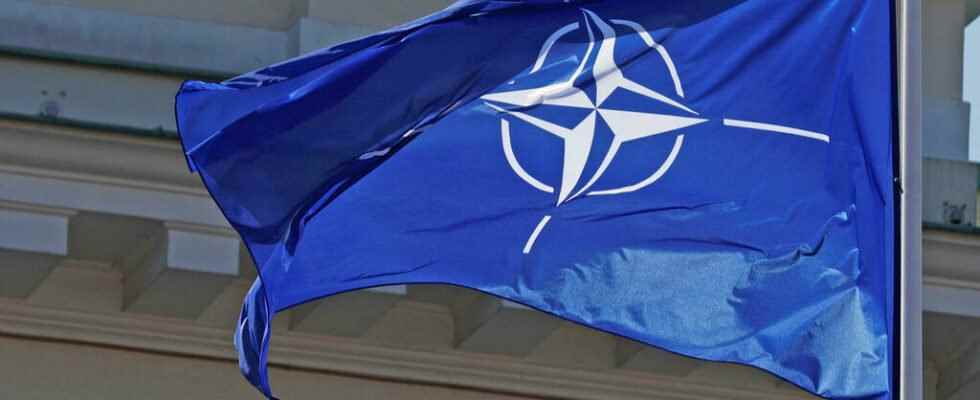After the Russian-American diplomatic tête-à-tête in Geneva, a meeting between NATO and Russia is to be held on Wednesday January 13 in Brussels. Russia is putting more pressure than ever on today’s meeting.
Threat of war in Ukraine, security guarantees demanded by Russia at its borders… This Wednesday sees the opening of the second stage of an intense diplomatic week. This meeting between NATO and Russia is also the deadline for deciding whether it was time to end or continue the discussions, the Russian negotiator said in substance.
The subjects of possible openings towards the de-escalation of tensions are numerous, such as missile control or the drop in military tension in Ukraine. But this Wednesday, the central issue that must be addressed for Moscow is its demand that NATO does not expand, neither to Ukraine, nor to Georgia, nor to any other country on its borders, reports our correspondent in Moscow, Anissa El Jabri.
A commitment that Russia wants ” reinforced concrete “. Moscow even went so far as to set a date for this commitment: the next NATO general assembly at the end of June.
However, Russia knows full well that this requirement is unacceptable to the Allies. There is no question neither for them, nor for possible candidates, that Russia dictates its terms. There is therefore a chasm between the two positions, but there remains a small glimmer of optimism. Moscow also demanded in December the ban of all NATO deployment on its eastern flank and Russia no longer talks about it today.
Finland and Sweden worried about Russian influence
If Ukraine is at the heart of the news, there are two countries also worried about the Russian threat and who do not want their foreign policy dictated. Finland, which shares a border of more than 1,000 kilometers with Russia, and Sweden, which has significantly increased its military budget, reports our correspondent in Stockholm, Frédéric Faux.
The two are not members of NATO, unlike Norway, but they collaborate regularly with the countries of the Atlantic Alliance and they would be ready to take the plunge if the Russian threat becomes too insistent.
At each military exercise, with each purchase of arms, Moscow raises its voice, promises reprisals and reiterates its desire to prevent any NATO enlargement. The last time was in December, and Swedish Prime Minister Magdalena Anderson responded by recalling “ Sweden’s right to choose its own security policy “.
Russian pressure which seems counterproductive for the moment, because each time it is exerted, the supporters of NATO membership come out a little more strengthened.
